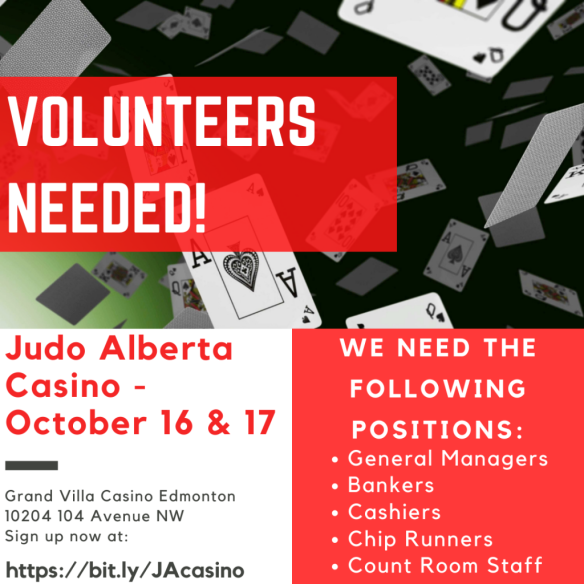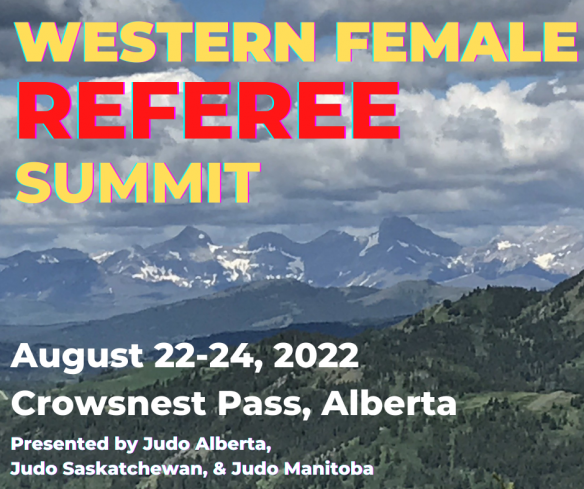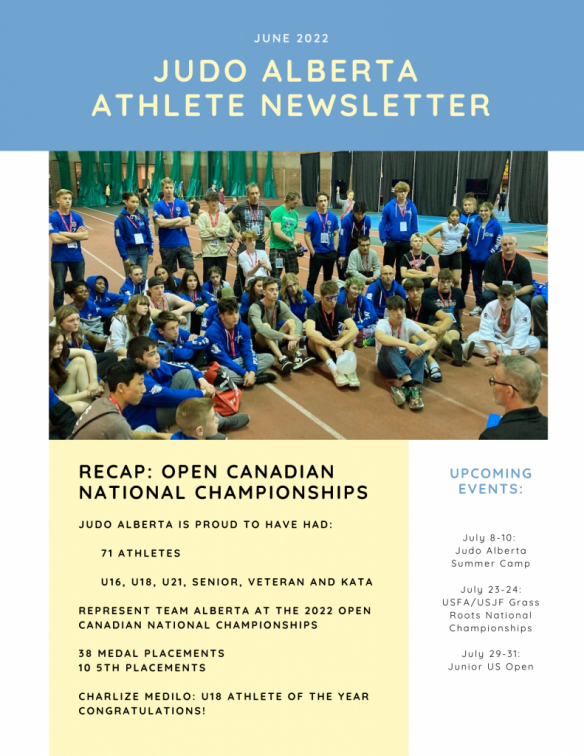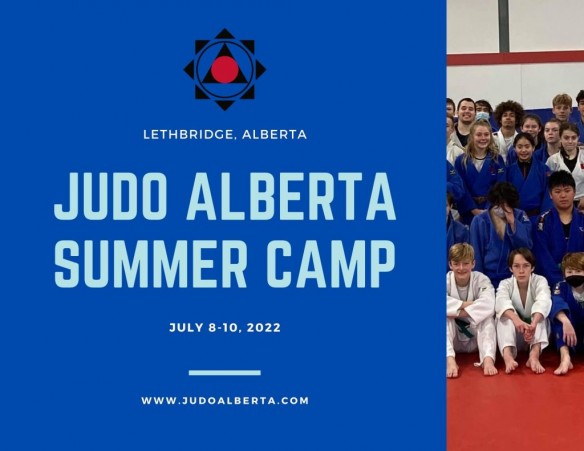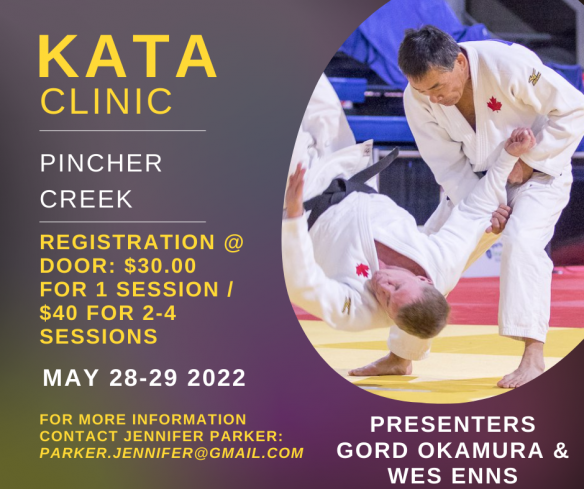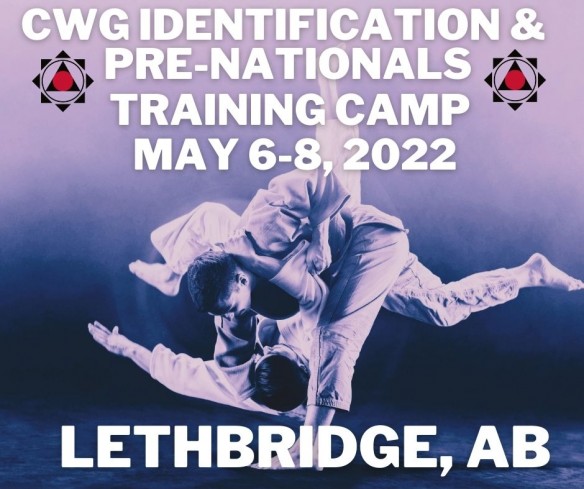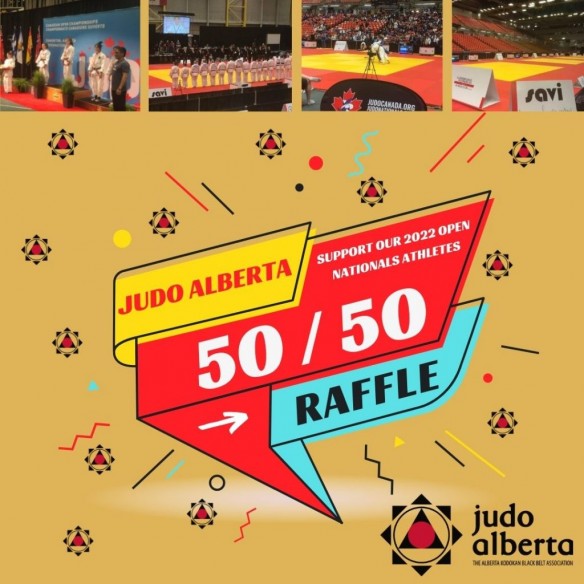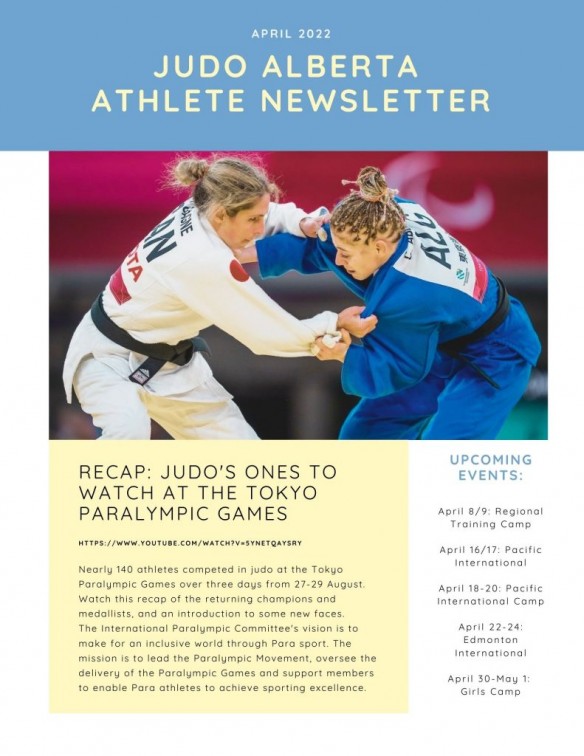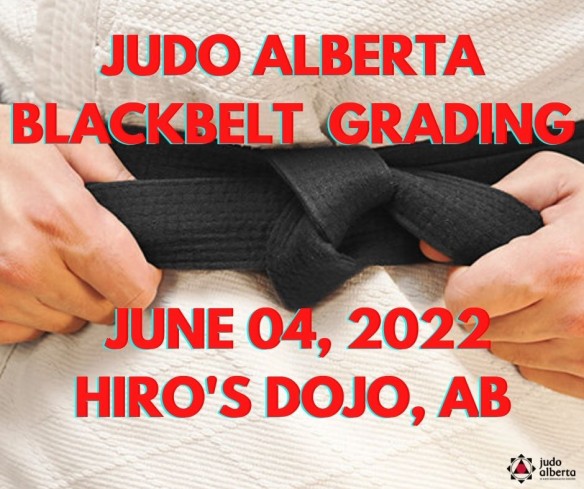Apr 14, 2022
Judo Alberta Pre-Nationals Camp / CWG Identification Camp, May
6-8, 2022
Division:
U14, U16, U18, U21, seniors, veterans
Address for training camp: Lethbridge Judo
Club, 2775 28 Ave S, Lethbridge, AB T1K 7L6
Friday May 06, 2022
7:00PM to 9:00PM –
Drilling & Randori Session (everyone)
Saturday May 07, 2022
9:00AM to 10:30AM –
Male Ne-waza Session
10:30AM to 12:00PM –
Female Ne-waza Session
3:00PM to 5:00PM – Male
Tachi-waza Session
5:00PM to 7:00PM –
Female Tachi-waza Session
Sunday May 08, 2022
8:00AM to 9:00AM Judo
Fitness
9:30AM to 11:30AM Technical,
Drilling & Randori (everyone)
11:30AM to 12:00M Team
Meeting Open Nationals / Information
Trackie Site: https://www.trackie.com/online-registration/register/judo-alberta-pre-nationals-cwg-identification-camp/476925/
Eligibility:
- Judo Alberta / Judo Canada Member
- Green Belts & above /Orange Belt if Club Coach is in attendance
- Minimum age U14
CWG: This training camp one eligibility
events linked with the Canada Winter Games Selection Criteria. Please find all
details regarding the CWG criteria on the Judo Alberta website: https://judoalberta.com/wp-content/uploads/2022/02/February-2022-REVISED-Athlete-CWG-Selection-Criteria.pdf
For further information
contact Ewan Beaton, Judo Alberta HP Coach: ewan@judoalberta.com
By judoab
Events, Feature, News

